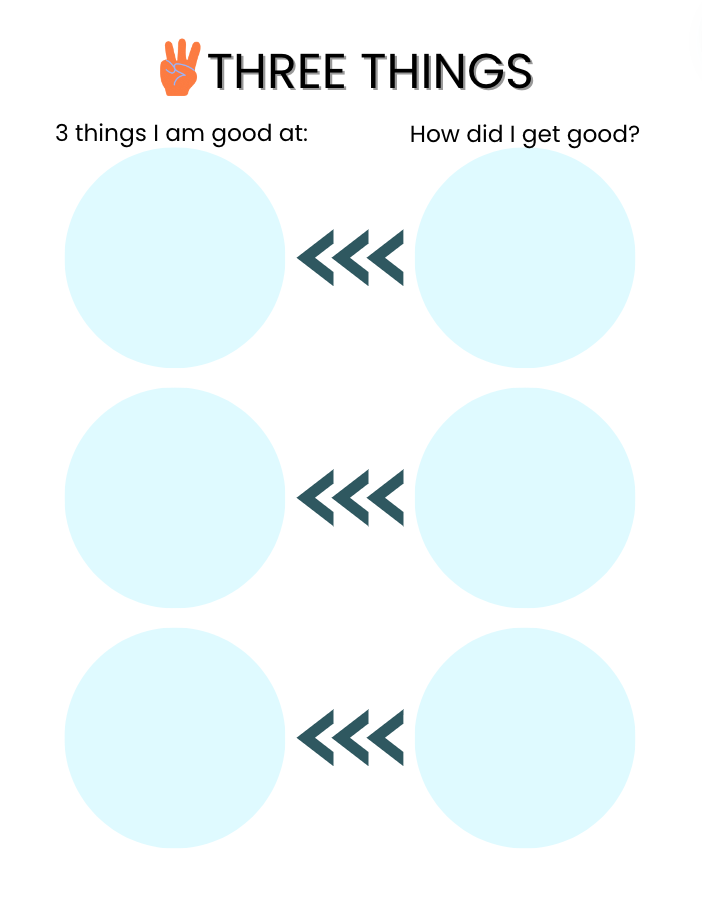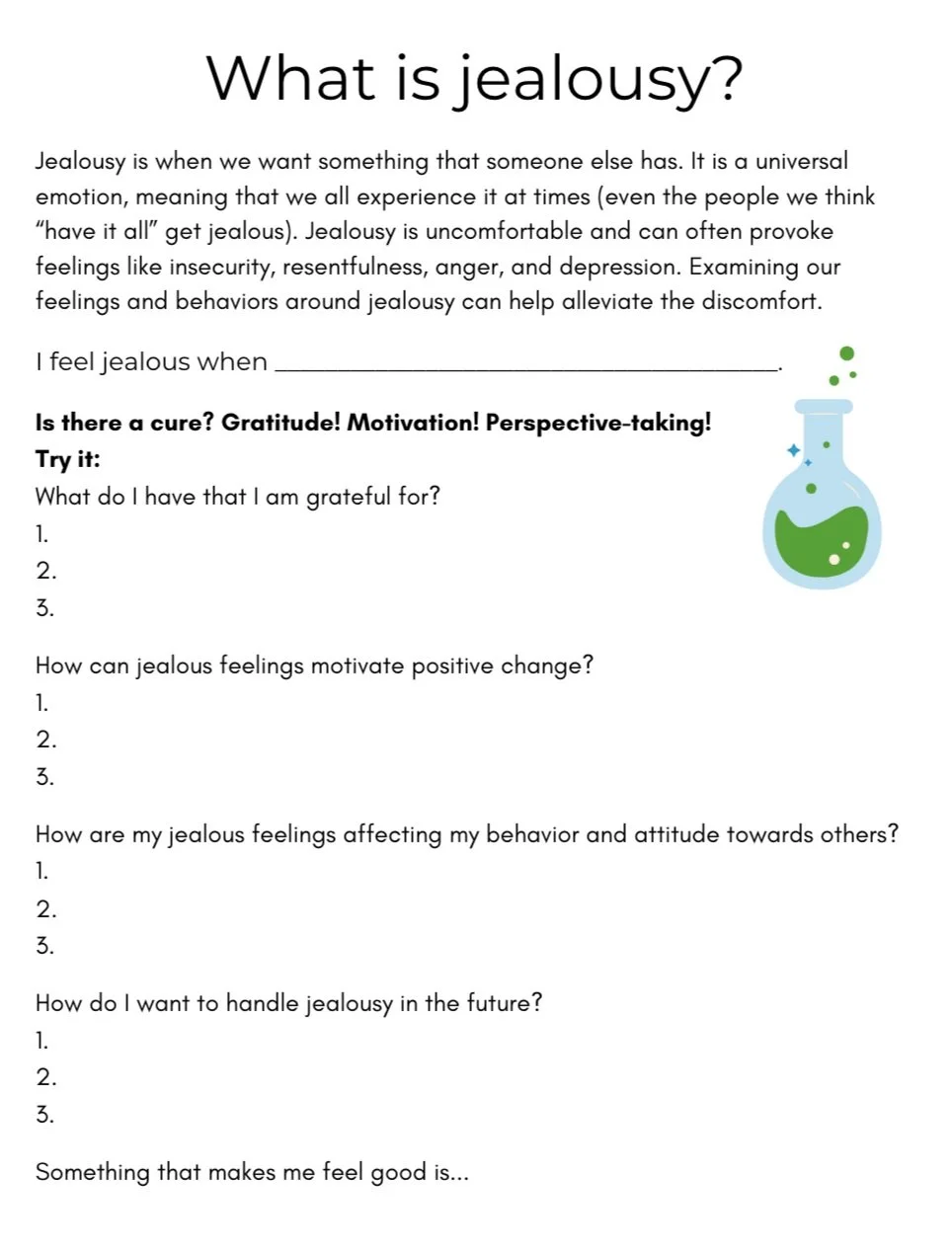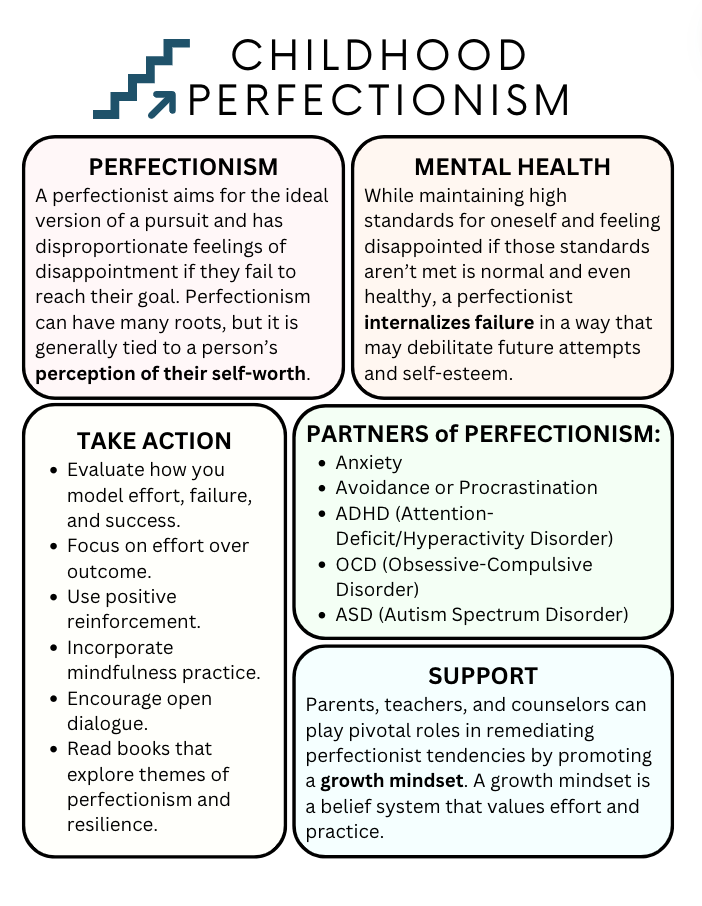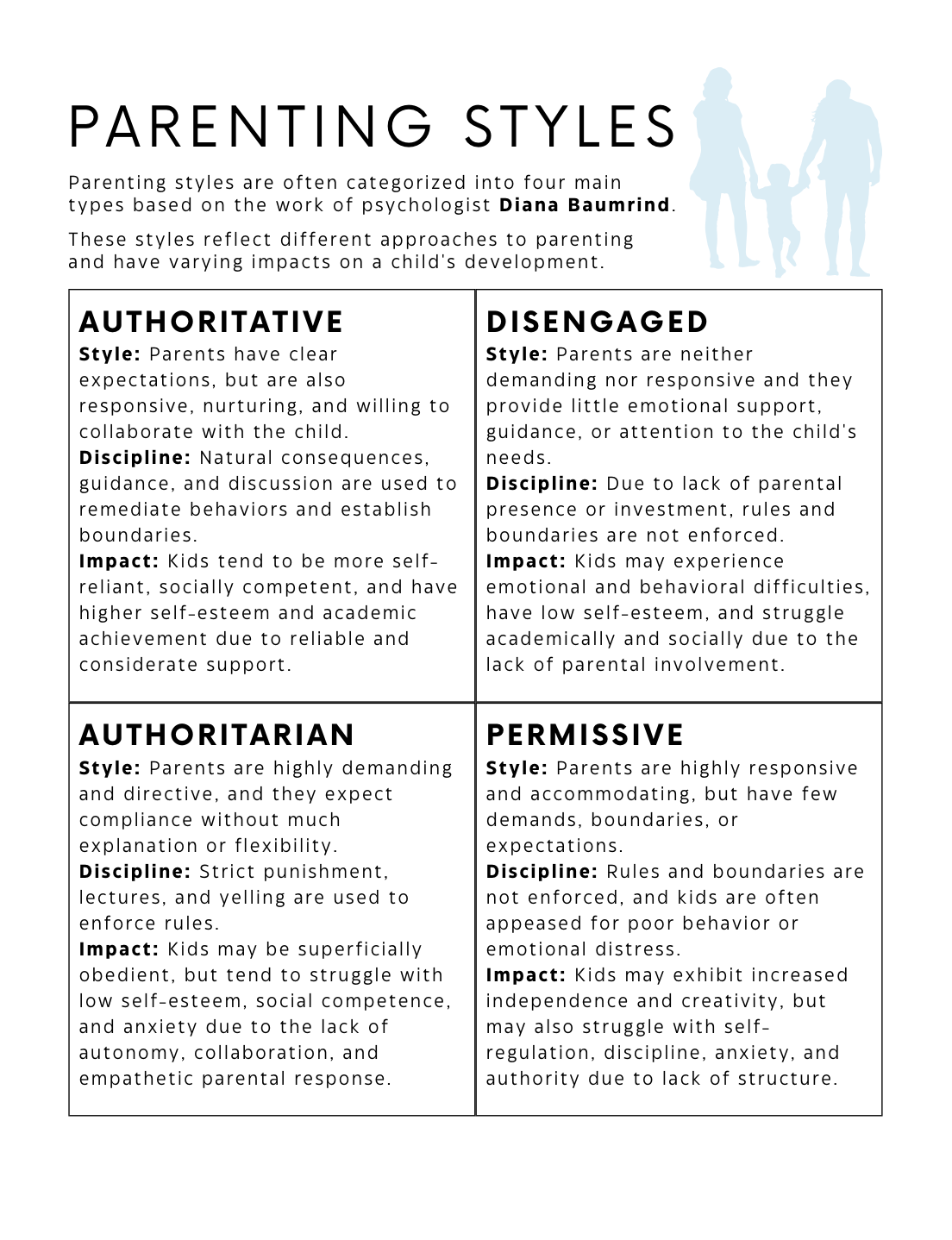Therapeutic Resources for Adolescents
Teen Mental Health
Some teens struggle to manage the stress, anxiety, and depression that often accompany the pressures of academic achievement, social competency, family dynamics, and self-regard. Early intervention can prevent long-term mental health issues by helping adolescents develop a foundation for emotional well-being.
How do I know if my teen needs support?
Look out for common signs that something might be going on:
increased irritability
emotional dysregulation
changes in sleeping patterns
changes in eating patterns
physical pain without a medical explanation (frequent headaches, stomach pain, etc.)
withdrawal from activities or friends
decreased academic achievement
increased conflict with peers, teachers, parents
body image issues
struggles with sexual orientation or gender identity
drug use
suicidal ideation
self-harm
engagement in risky behaviors
low self-esteem
neglected personal hygiene
If you’re concerned about a teen’s mental health, it is important to approach them with empathy, patience, and options. Outside interventions (school counselors, child therapists, pediatricians) may be needed depending on the severity of struggles and symptoms. Getting appropriate help and support is the first step towards mental well-being.
The Good News
FREE Worksheets and activities to help teens explore values, develop self-esteem, and navigate complex emotional issues:
Story Prompts for Teens
Story prompts are a great way to spark inspired perspective-taking! Choose a prompt and write a short story based on your choice. Think about your main character. How did they get here? What happens next?
Further Consideration: Do you have empathy for anyone in the story? Have you ever been in a similar situation? What advice would you give to the main character?
Find this resource and more in our Writing Prompts Tab!
Conversation Starters for Teens
Effective communication during adolescence builds mutual trust, understanding, and respect. This kind of communication allows parents to better recognize cues and attend to the needs of their teenager.
There are so many things we don’t know about the people closest to us. Try these open-ended prompts to explore new territory!
Find this resource and more in our Conversation Starters Tab!
I Wish They Knew
Simple prompts can evoke profound insight. This exercise encourages teens to express the things they wish the people in their lives knew.
Find this resource and more in our Writing Prompts Tab!
3 Good Things / 3 Bad Things
Foster a growth mindset with this exercise that emphasizes the value of effort.
Find this resource and more in our Writing Prompts Tab!
Dear Body / Dear Mind
Letter templates can help teens understand, organize, and communicate complex feelings. These templates offer a unique opportunity to address the mind and body while also practicing self-appreciation.
Find this resource and more in our Writing Prompts Tab!
Top Three
Use this simple list prompt to help teens develop an understanding of their values and preferences.
Find this resource and more in our Writing Prompts Tab!
Miracle Question
The miracle question serves to help conceive and understand an issue. Once an issue is recognized, it can be addressed.
Find this resource and more in our Writing Prompts Tab!
Mindfulness Through the Senses
Help teens center themselves by bringing awareness to the senses. As they examine their environment through the senses, they develop emotional resilience, enhanced concentration, and a foundation for lifelong well-being.
Find this resource and more in our Mindfulness Practice Tab!
Past Me, Future Me
This writing prompt helps teens separate their behaviors from their “core self” in order to conceptualize how they hope to progress in the future.
Find this resource and more in our Writing Prompts Tab!
The Emotional Backpack
This prompt encourages teens to think and write about preoccupying parts of their consciousness. By visualizing “carrying” challenging memories, thoughts, or feelings, they can also begin to “unpack” what is not productive.
Find this resource and more in our Writing Prompts Tab!
A Mindful Week
Engage in the present moment with an awareness through touch, taste, sight, sound, and smell. This daily mindfulness journal employs sensory encounters to foster a sense of balance in teens.
Find this resource and more in our Mindfulness Practice Tab!
What is Jealousy?
Jealous feelings can be hard to navigate. Help teens think, write, and talk about jealousy to promote a nuanced approach to the examination of complicated emotions.
Find this resource and more in our Writing Prompts Tab!
Appreciation Exercise
Gratitude is a powerful practice that is linked to resilience, flexibility, and a growth mindset. Identifying what is appreciated and what is not appreciated can help teens understand their own values and priorities.
Find this resource and more in our Writing Prompts Tab!
Is it JUST Anger?
A significant part of anger management is understanding the roots of our anger. The examination of anger contributes to self-empathy and allows for the utilization of targeted coping skills.
Find this resource and more in our Conversation Starters Tab!






















